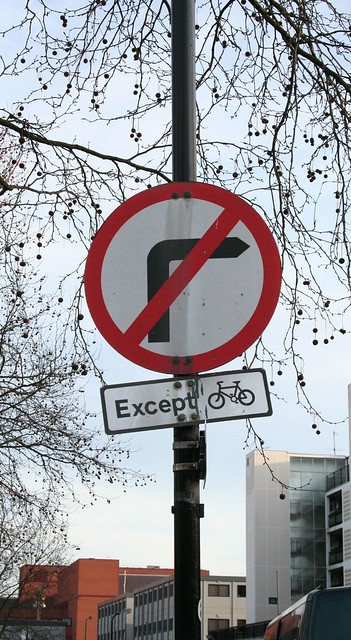In some instances, the two words 'except' and 'besides' seem to have almost opposite meanings:
He can cook anything except Indian food. (Here the meaning is something like 'minus Indian food', 'excluding Indian food'.)
Besides Indian food, he can cook Italian and Chinese food. (Here the meaning is something like 'plus Indian food', 'in addition to Indian food'.)
I had nothing to do there except watching TV (not considering watching TV).
I had lots of other things to do there besides watching TV (in addition to watching TV).
But how about the following case?
He can cook nothing except/besides Indian food.
So in negative sentences and questions with expressions like 'no', 'nothing', 'nobody', 'no one' 'anything' and 'anybody', both words are used in a similar way.
Do you have anything except/besides this model?
No one except/besides the owner had a key to the bungalow.
On the other hand, all this trouble can be avoided by using 'apart from', which can be used in all of the above sentences.
He can cook anything apart from Indian food.
Apart from Indian food, he can cook Italian and Chinese food.
I had nothing to do there apart from watching TV.
I had lots of other things to do there apart from watching TV.
Do you have anything apart from this model?
No one apart from the owner had a key to the bungalow.
(Image credit: Brendan Adkins)


